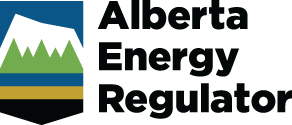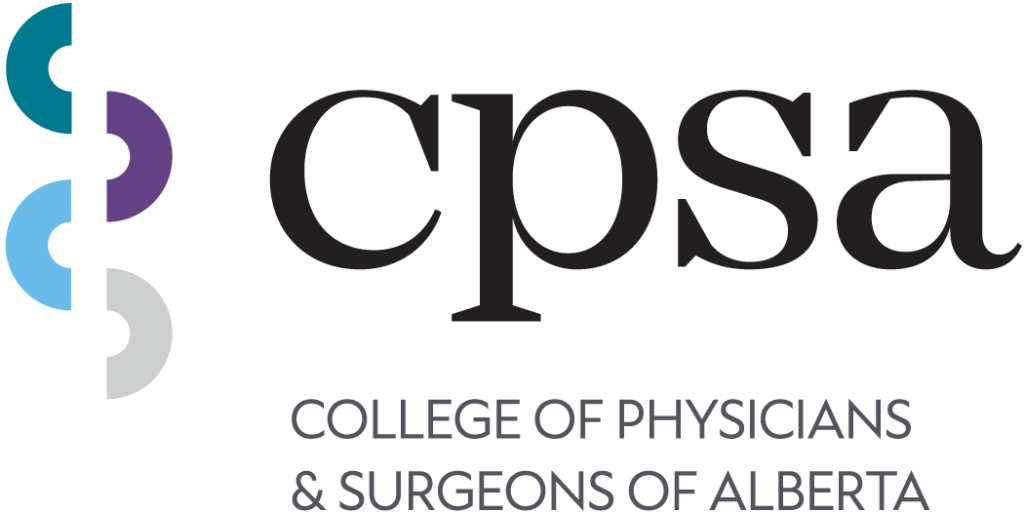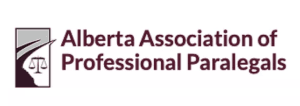The ADR Institute of Alberta (ADRIA) receives many calls and referrals from the public in regard to Societies, Non-profits, and Charities that are experiencing conflict. Whenever both sides of a conflict are obligated or willing to come together and discuss their issues, ADRIA is often in a position to assist.
ADRIA’s online Directory, or any of our referral processes, connects people in conflict to an ADR professional who can offer mediation, arbitration, or other dispute resolution processes. ADRIA members can also help organizations with new bylaws or mechanisms to prevent and resolve future conflict.
Unfortunately, many organizations do not have robust conflict management options incorporated into their existing bylaws, and the provincial government does not offer any enforcement resources. Article 9 of the Societies Act does not specify a requirement to include bylaws regarding dispute resolution, although article 22 suggest a provision for arbitration. Alberta’s Corporate Registry states on its website that “Societies must be prepared to resolve their own internal disputes”, and that it “does not supervise the conduct of societies, nor does it provide a counselling service”. In regard to internal disputes, “Corporate Registry recommends the adoption of a bylaw that outlines a mediation or arbitration procedure.” For this reason, calls to Service Alberta and Central Registry are usually referred to ADRIA or other community mediation resources.
Too often ADRIA is contacted by only one party or concerned member, and there is no opportunity to include the second party in any form of dispute resolution. ADRIA is not mandated or authorized to contact a second party, unless there are bylaw provisions that mandate mediation or arbitration.
To facilitate more effective dispute resolution processes, a clause can be added to the society bylaws. For example, a clause might read:
X.1 Any dispute regarding the affairs of (the society) will be resolved by:
a. Direct negotiation between the parties, with or without assistance and/or facilitation. If resolution is not achieved, then by:
b. Mediation conducted pursuant to ADR Canada’s Code of Conduct for Mediators, or to mediation practices agreed upon by the parties. If resolution is not achieved, then by:
c. Arbitration conducted pursuant to the Arbitration Act of Alberta, or to arbitration practices agreed upon by the parties, and the decision will bind all parties.
X.2 The language of any dispute resolution process shall be (English).
X.3 Dispute Resolution resources, including referrals for mediation and arbitration, may be available from the ADR Institute of Alberta (ADRIA) at www.adralberta.com or 780-433-4881.
Many parties contacting ADRIA are not even able to secure a copy of the bylaws or contact the current officers of the society. Confirmation that a society remains in good standing, their bylaws, current officers, and annual reports are all available at any authorized Registry office in Alberta for a small fee. Reviewing these is often a good first step in resolving any conflict, particularly if the bylaws include any provision for dispute resolution. Obviously if any criminal activity is suspected, notably theft or fraud, then local police services should be contacted without delay.
Other Resources for Resolving Conflict in Non-Profits
Alberta’s Ministry of Culture & Tourism provides significant Board and Community Development resources, although they do not provide counselling or dispute resolution services . ADRIA is working closely with Service Alberta, Alberta Culture and Community Mediation groups to enhance the on-line and in-person resources that these organizations provide to the public.
Some areas of the province have community mediation programs that can reach out and offer assistance to both parties, and these resources are often provided to not-for-profit groups free of charge.
- Calgary: Community Mediation Calgary Society
- Edmonton: Mediation and Restorative Justice Centre
- Sherwood Park: Strathcona County Community Mediation

 Truth & Reconciliation Work in Canada
Truth & Reconciliation Work in Canada







